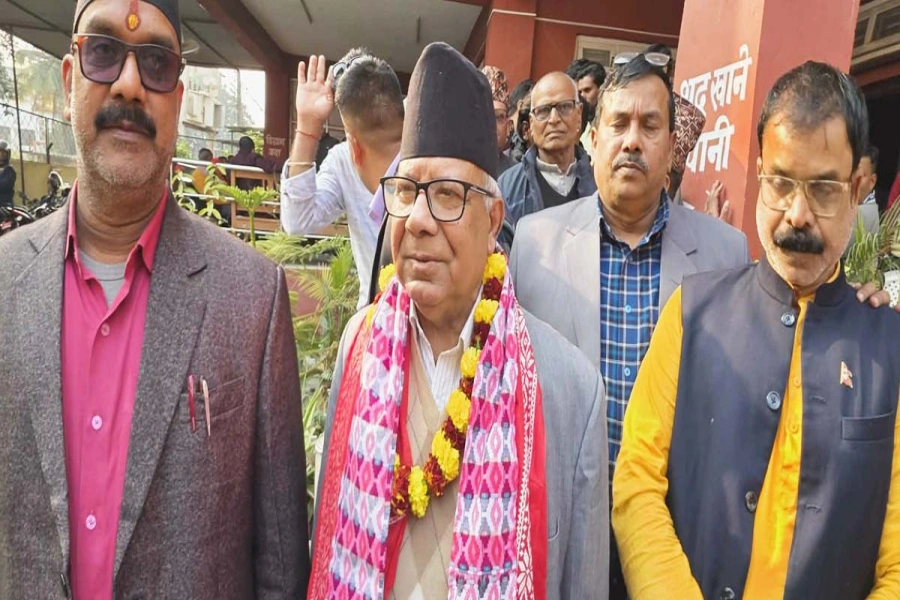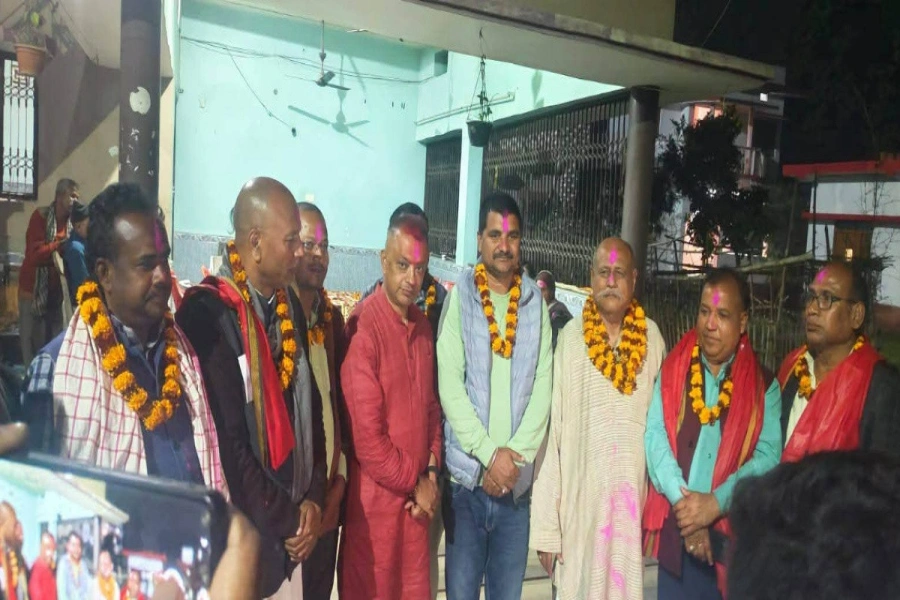KATHMANDU, Nov 21: Following the relocation of the minister's residence to Bhainsepati, Supreme Court justices have begun moving into the old minister's residence in Pulchowk. The government had earlier decided to provide official residences for the SC justices.
According to the Federal Secretariat Construction and Management Office under the Ministry of Urban Development, Justices Sapana Pradhan Malla, Hari Prasad Phuyal, Saranga Shrestha, Nakul Subedi and Kumar Regmi, along with their families, have already shifted to the official residences. Additionally, Justices Nityananda Pandey and Abdul Miya have received the keys to their quarters.
Secretary at the Ministry of Urban Development, Maniram Gelal confirmed that the relocation of the SC justices to government residences is in progress as per the Cabinet’s directive. However, the responsibility for managing and operating the residences has not yet been determined.
SC justices’ obsession with govt-provided residential quarters

"The Supreme Court administration had sent us a letter requesting us to manage the residences. Managing this will require additional manpower and a budget, which we currently lack. We have informed the Ministry of Finance," Gelal said. "If the Ministry of Finance directs us to manage the residences and provides the necessary budget, we will take charge. If the Supreme Court administration manages it, they will handle it."
Gelal also mentioned that if the residences are to be managed by them, additional staff will need to be recruited. "The current staff is not sufficient to manage the residences of the judges, and we will need to hire more personnel for this purpose," he added.
The Federal Secretariat staff have renovated the old minister’s quarters to make them suitable as residences for the judges. Furniture, televisions and other items from the old minister's quarters were provided by the Federal Secretariat. Some staff were temporarily assigned for this purpose. "We haven’t purchased new materials. All the items in the old minister's quarters have been distributed to the respective blocks," said Umesh Chaudhary, an engineer from the Secretariat. The items were temporarily removed for cleaning but have now been restored to their original condition.
According to Engineer Chaudhary, among the ministers who had been residing in the old minister’s quarters, all except one have already relocated to the new minister's residence in Bhainsepati. Health Minister Pradeep Paudel’s family has informed that he will also move to Bhainsepati within one or two days, Chaudhary said. The Supreme Court has a sanctioned position for 21 judges, including the Chief Justice.
Except for the Chief Justice, there is not enough space in the building to accommodate 20 other judges at the residence in Pulchowk. Therefore, a new building is being constructed for them. A government residence is available in Baluwatar for the Chief Justice. Currently, 16 judges are working at the Supreme Court, so there will be sufficient government residences for all the judges.
The government spends over Rs 100 million annually to manage residences for six highly distinguished individuals and ministers. If government residences are provided to the Supreme Court judges, the management and operation of these residences will add an additional annual cost of Rs 10 million to Rs 20 million. Regardless of whether the Ministry of Urban Development or the Supreme Court administration manages the residences, the Ministry of Finance will allocate the necessary budget.
The old minister's residence covers 72 ropanis of land. An employee from the Federal Secretariat Construction and Management Office commented, "Currently, all the SC justices own homes in Kathmandu. Not a single justice is without a home here. Instead of converting the minister’s residence into justices' residences, it could have been better used as a state guesthouse for foreign heads of state and government visiting Kathmandu." The employee added, "It is common in most countries to have a special guesthouse for foreign dignitaries, but Nepal has yet to build such a facility."






































